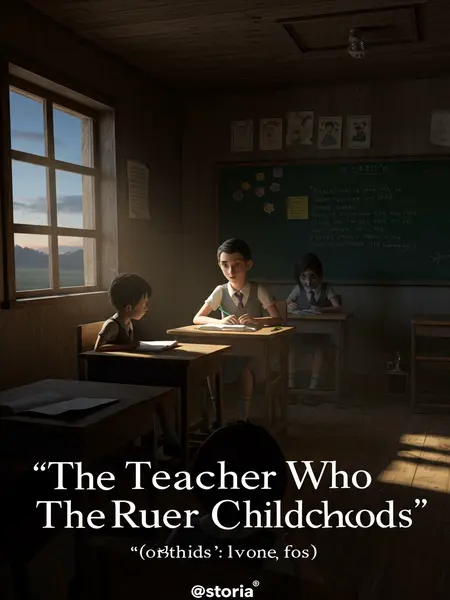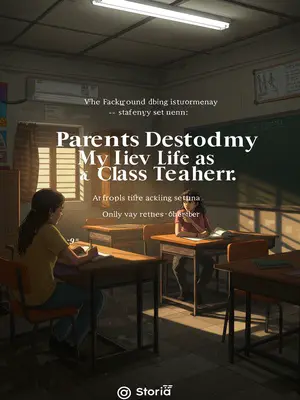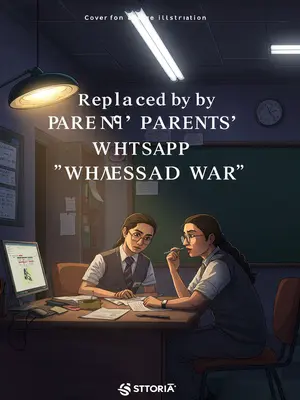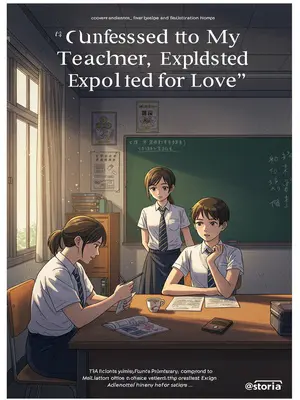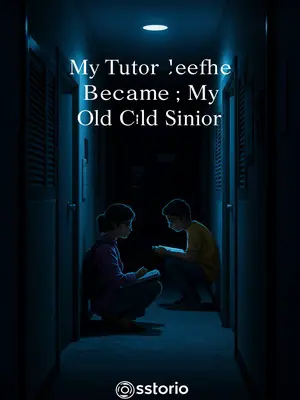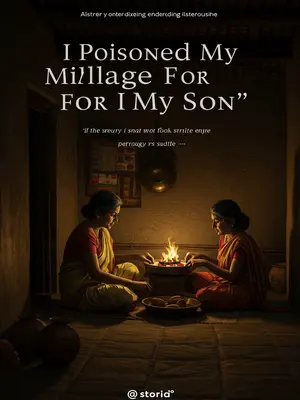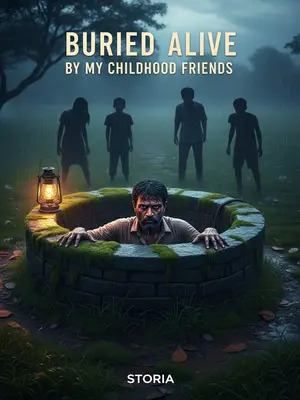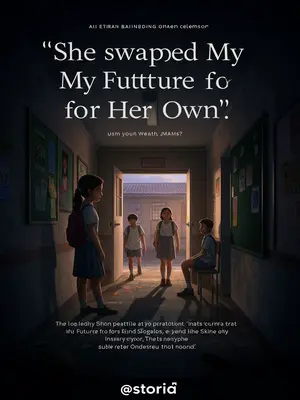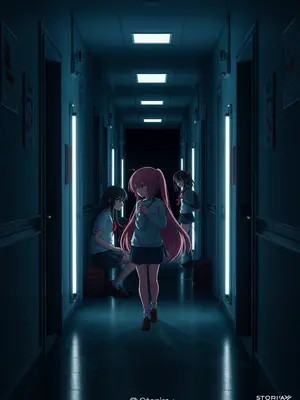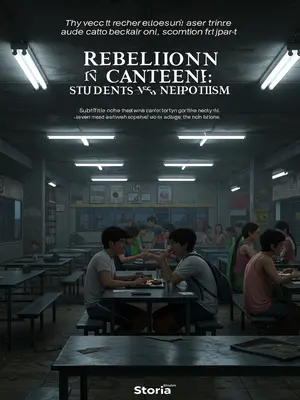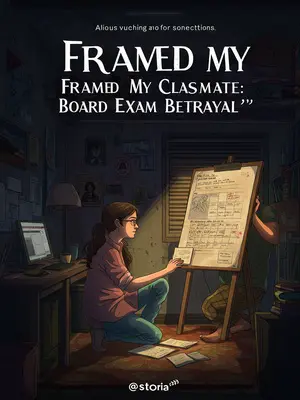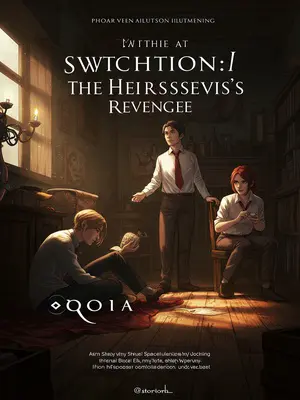Chapter 7: Power and Vengeance
After returning, we formally requested access to the bungalow from the management unit, in the name of cooperation for the investigation.
Our paperwork was meticulous, signatures collected, seals stamped. We were confident we’d finally break through.
But unexpectedly, this routine procedure set off a bomb.
Our file triggered alarms somewhere higher up. Suddenly, phone calls began arriving at the thana, and the tone of the conversations changed.
Our team leader, Old Joshi, was summoned to a meeting. When he returned, he immediately called Kunal and me into his office.
Joshi Sir, usually so unflappable, looked visibly shaken. He gestured for us to close the door, his voice low: "Tum dono park ka case dekho, lekin bungalow ko mat chhedna. Sirf culprit pakdo, aur kuch nahi."
He said, “You can keep investigating the case, but you must not touch that bungalow again. Focus on finding the perpetrator.”
Kunal’s jaw clenched. "Par sir, saari saboot wahan milenge!"
We were stunned. Our clues pointed to the bungalow—if we couldn’t investigate, and it really was involved, how could we possibly find the culprit?
For the first time, I felt the invisible hand of power twist our investigation. Someone, somewhere, didn’t want the truth about that bungalow coming out.
But Old Joshi couldn’t answer my question.
He just said, "Upar se order hai. Main kuch nahi kar sakta. Samjho."
No matter what we tried, we couldn’t get any more information about the bungalow.
Our phone calls went unanswered, our requests bounced back. Files disappeared, permissions revoked. The system closed ranks around that one building.
Our investigation in that direction was blocked—just as something even more serious happened.
It was as if fate had decided we’d gone far enough. Meanwhile, the village itself erupted once more.
During the previous uproar over Shyamlal, one person who should have shown up did not: Anjali’s grandfather, Ramdas.
Kunal noticed his absence. "Ramdas kahan hai? Woh toh har jagah rehta hai."
While the whole village believed Shyamlal was the monster who assaulted the children, Ramdas took no action and wasn’t even present at the shop. This was highly unusual.
Villagers wondered aloud, "Buddha kahan chala gaya? Sab kuch toh uski hi ladki ke saath hua hai."
The reason: he had another suspect in mind. But he didn’t tell us—he acted on his own.
Ramdas, desperate and consumed by grief, set out on his own quest for justice. No one noticed the quiet old man slipping away.
This led to things spiralling out of control.
What happened next nearly derailed the entire case, as personal vengeance collided with official procedure.
When we next saw him, he was battered and bruised.
He stumbled into the thana late at night, shirt torn, blood trickling down his cheek, his turban askew.
He wept at the station, saying he’d been beaten by the man who killed Anjali.
He collapsed at our feet, sobbing so hard his words were nearly unintelligible: "Woh hai, Inspector saab. Usne kiya hai. Maine poocha toh mujhe maar diya…"
“It was Mr. Suresh. He… he’s not human…”
The words sent a chill down my spine. Mr. Suresh? The teacher?
Ramdas spoke through tears.
"Mujhse galti ho gayi, sahib. Us par vishwas kiya tha, par woh toh… woh toh shaitan nikla."
I quickly recalled the name: Mr. Suresh—the girls’ class teacher, a sloppy middle-aged man.
Suddenly, his sloppiness seemed sinister. The tobacco stains, the careless manner—was it all a mask?
“Not just a teacher, not just… he’s also a distant relative. Anjali respected him so much… I never thought, never thought he would…”
Ramdas sobbed, "Humare khandaan ka hai. Ghar pe aata tha, laddoo khata tha. Woh toh… main soch bhi nahi sakta tha."
So that was it.
The horror, the betrayal, the hopelessness—it all crystallized in that moment.
Ramdas went on to describe in detail how he confronted Mr. Suresh and was beaten up.
His voice shook as he described the encounter, "Maine sirf poocha, bas sach bata do. Woh gussa ho gaya, pehle paisa dene ki baat ki, phir mujhe maara."
